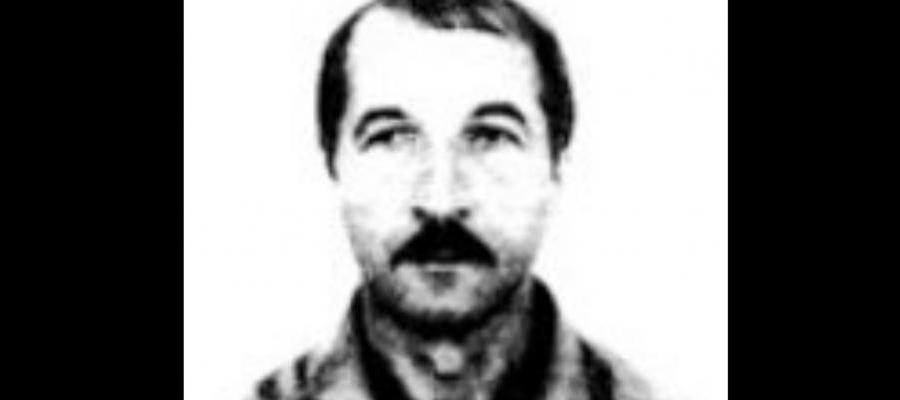
Today, on 26 March 2019, the European Court of Human Rights passed a ruling with regard to the application from Elena Anoshina from Nizhny Novgorod, whose brother Aleksandr was killed by the police officer at the medical sobering station in 2002. The Strasbourg judges established that the Russian Federation violated Anoshin’s right to life, and the investigation of his murder was ineffective. Due to this, the ECHR awarded Elena Anoshina with 36 000 euro.
As we have previously reported, on 13 February 2004, Elena Anoshina applied for legal assistance to the Committee Against Torture. According to Elena on 25 July 2002 her brother Aleksandr was taken to a sobering-up station of the Sovetsky District of Nizhny Novgorod, where he died on the same day of strangulation.
According to the detoxication center workers, Anoshin hanged himself, using bed linen. However, the expert examination showed that apart from specific bodily injuries which are observed at strangulation, Aleksandr had a whole range of traumas. The conclusion of the experts was clear – Anoshin could not make them himself. Based on the results of the expert examination, on 3 August 2002 the Prosecutor’s Office initiated the criminal case under part.4 of Article 111 of the Russian Criminal Code («intended grave bodily harm resulted in death by negligence»).
However, the investigation of this criminal case was just middling: no suspects were identified and the case was suspended 13 times. These rulings on suspending were quashed by the bodies of the Prosecutor’s Office and court only after lawyers of the Committee Against Torture submitted the corresponding complaints. The case was put into motion only in 2005 when the human rights defenders lodged a complaint with the European Court of Human Rights.
After that the investigation kicked off: immediately the suspects were identified, they were taken into custody and started to give evidence. In August 2006 the criminal case of police officers Aleksey Maslov, Yevgeny Ageyev and Andrey Antonov was sent to the Sovetsky District Court of Nizhny Novgorod.
As a result on 1 August 2008 the court declared Aleksey Maslov guilty of crimes under part 1 of Article 105 of the Russian Criminal Code («intentional homicide») and part 3 of Article 286 of the Russian Criminal Code («abuse of office») and sentenced him to 14 years of imprisonment in a maximum security penal colony.
Yevgeny Ageyev and Andrey Antonov, charged with crime under part 2 of Article 293 of the Russian Criminal Code («negligence that caused grave bodily harm or death»), were withdrawn from criminal persecution due to expiration of limitation period.
In 2009 Aleksandr Anoshin’s four children as well as his sister and widow were awarded compensations for moral damage incurred by the crime of the ex-police officer in the amount of 150 000 each.
In 2016, the Nizhny Novgorod courts awarded four children and the widow of the deceased 100 000 rubles each as a compensation of moral damage, inflicted to them by inefficient investigation of the death of Aleksandr Anoshin.
Today, the European Court of Human Rights passed a ruling with regard to Elena Anoshona’s complaint.
The Strasbourg judges unanimously established that Russia violated Article 2 of the European Convention in the part of violation of right to life, as well as in the part of obligation to conduct effective investigation with regard to Anoshin’s death. In the end, the ECHR awarded the applicant 36 600 euro.
“This is a very old case. Aleksandr Anoshin was killed seventeen years ago, and the complaint waited for the results of investigation at the European Court of Human Rights for fourteen years”, – Head of the International Legal Protection Department with the Committee Against Torture Olga Sadovskaya comments. – All this time our applicants and us kept seeking for justice at the national level, and in this case the state had all the chances to avoid today’s ruling of the European Court. More than that, certain steps were taken in this direction, however, the investigation was too long, part of the culprits escaped the responsibility and the compensation was meager. That is why we did not have any grounds to withdraw our complaint from the ECHR”.